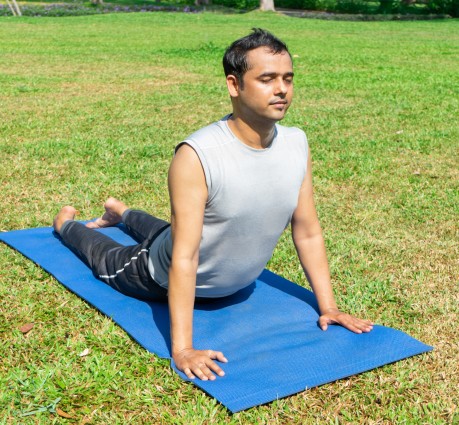MSc Yoga, or Master of Science in Yoga, is a postgraduate yoga course. Yoga is a physical, mental, and spiritual discipline. The yoga programme aims to provide yoga treatment to people suffering from various psychosomatic ailments. The Master of Science in Yoga, in addition to all existing therapeutic options at the hospital, also offers yoga therapy to the general public. It prepares the students to improve their yogic healing abilities to help the people of society. This contributes to society's need for individuals who are professionals in this field. The Master of Science in Yoga studies last for two years, and the curriculum is divided into four semesters.
Duration of programme
Level of Study

Holistic Curriculum
Ancient Wisdom
Yoga Therapy Expertise
Philosophical Enrichment
ELIGIBILITY CRITERIA
12th pass in any science discipline